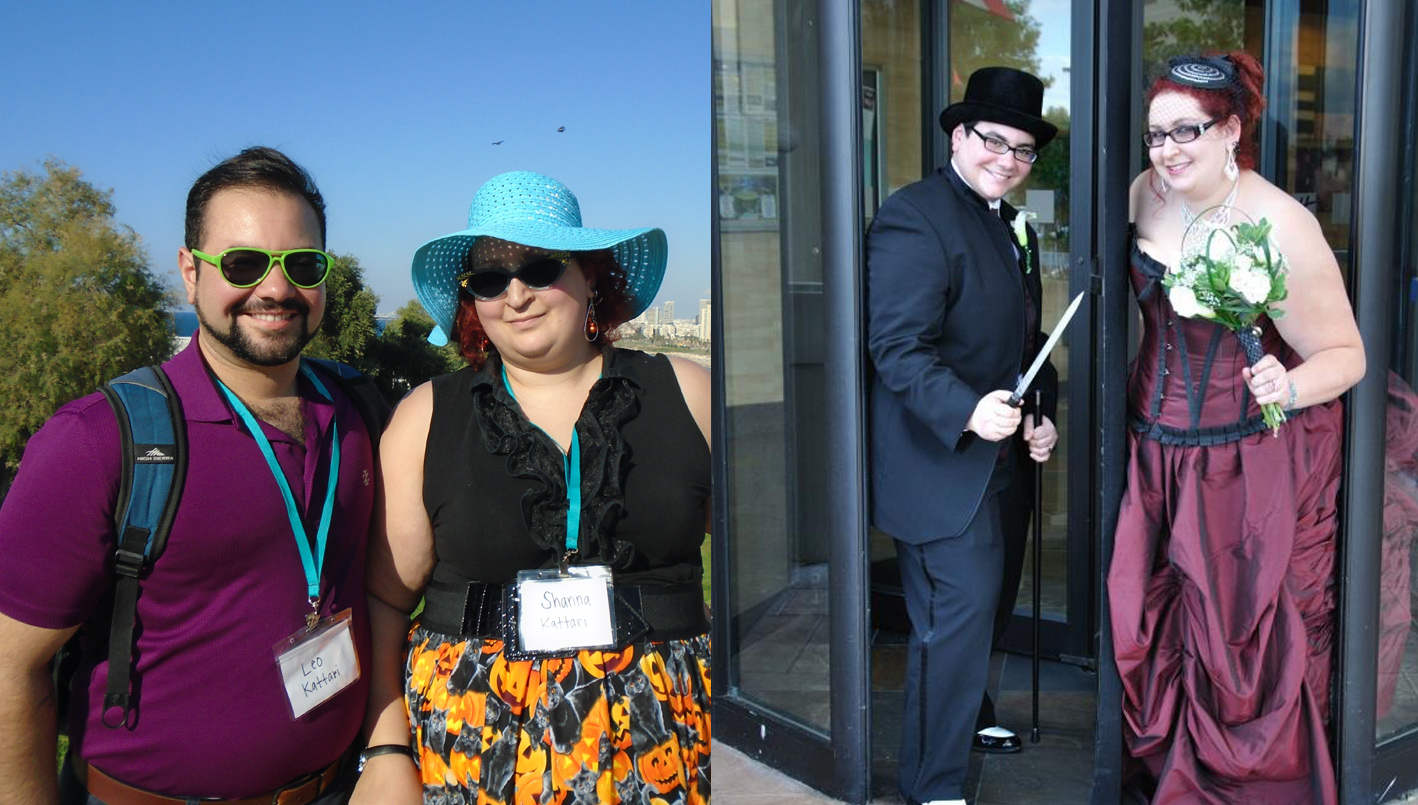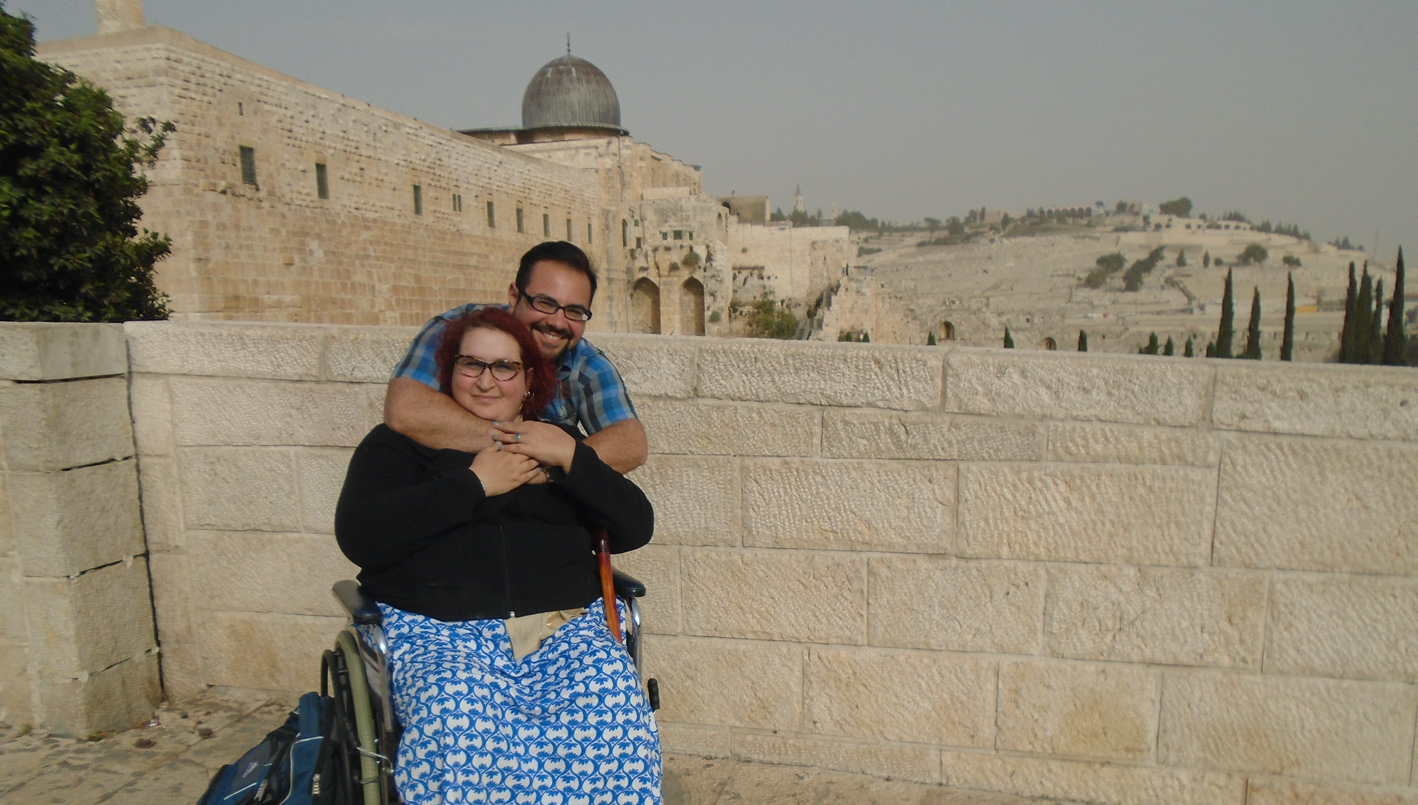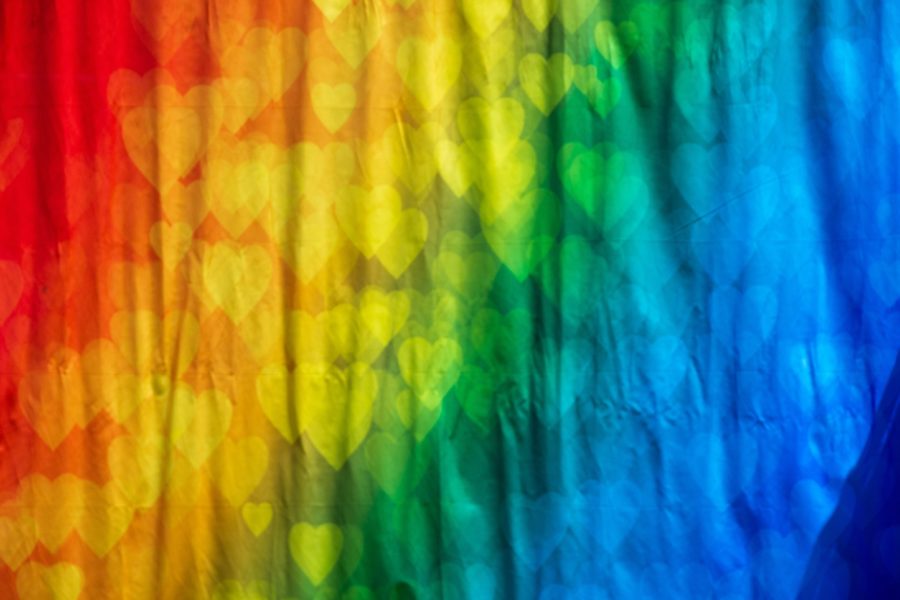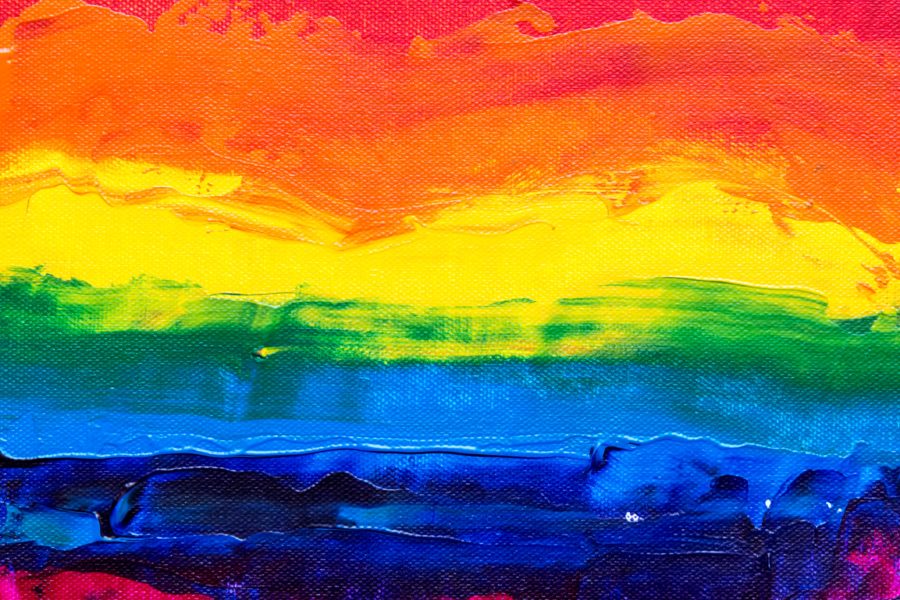By: Shanna Katz Kattari, Honeymoon Israel Colorado participant in October 2015
I grew up Jewish, like many young people in the Reform movement. I went to religious school every weekend, skipped Hebrew school since my father was fluent and taught me at home, and prepped for my Bat Mitzvah. After that, I even taught religious school, and when I got to college, despite not going to services regularly, I was the chair of Hillel at my small liberal arts school, setting up monthly Shabbat dinners, organizing Latke Cookoffs, and partnering with the ADL when anti-Semitic events occurred on campus. Despite all this engagement, when I moved to Philly to work on my Master’s degree, I didn’t connect with the Jewish community there. While I celebrated Channukah with my family, and didn’t eat bread over Passover, I didn’t really feel much connection with Judaism. I attempted to go on a Birthright trip, but after sending multiple emails and phone calls to the one trip that touted itself as disability affirming (I also have mobility impairments and chronic illness) and getting no response, I gave up.
Part of my lack of connection, in Pennsylvania, and then later in Colorado and Arizona, was just not having the time and capacity. However, another big piece of it was the fact that I was now out as a queer woman. For all my religious school classes, I still didn’t really know what it would look like to be “Jewish and Queer” within a community setting. Shortly after we moved back to Denver from Phoenix in 2011, my partner came out as a trans man, adding one more layer to my concerns; not only he wasn’t Jewish (*gasp!*), but we were now an interfaith queer couple. I had watched Trembling Before G-d in college; Jews weren’t supportive of the LGBTQIA community in my mind. So I did some of the Jewish things; during our queer wedding in 2011, we had a chuppah and stomped on the glass. I gave tzedakah to organizations like Building Bridges, who were working to empower young women around the conflict in the Middle East. I just didn’t actually connect with the Jewish community.
About a year later, my friend forwarded me an event listing for a Channu-queer party. I was intrigued but still a bit defensive; on the RSVP, I made sure the host knew we were queer and my partner was a trans man. To my surprise, he shared with me that he was trans too, and asked what pronouns each of us used. We went to the event, and I was sold; it was specifically for Jewish (and allied) LGBTQIA folks! My partner and I started going to Keshet events regularly, he learned a lot more about Judaism, I joined a Jewish grant making group in the area, and I even wound up working part time for Keshet…until they closed their Denver offices. Again, I wound up disconnecting from the Jewish community. I felt as though I had lost my Jewish community all over again, especially having found a place not only LGBTQIA affirming, but one that welcomed my non-Jewish partner.
My aunt in Florida had seen some info about Honeymoon Israel, and sent us an email with the link before the first Denver trip was even announced. After signing up for notifications, I discussed it with Leo; I had family in Israel he had never met (and that I hadn’t seen since my sister’s bat mitzvah in 2003). How would he feel about potentially going? He, understandably, wasn’t sure, so we asked a lot of these questions at our interview. He wanted to know if there was going to be pressure to convert to Judaism (there wasn’t), whether there would be pressure to have nice Jewish babies (there were some jokes about it, but we were clear that wasn’t part of our journey, and there was not pressure there either), whether we would be the only queer/trans couple on our trip (there wound up being 4 couples out of 18!), whether Israel would be disability accessible for me (Tel Aviv and all the major stops were amazing; Jerusalem and Tzvat were bigger challenges), and whether this would just be a PR tour of the country or if we’d actually get to speak about the conflict and how it impacted all sides (our favorite stop of the tour was at the Givat Haviva Peace Center, where we learned more about the origins the conflict, and got to hear from an Arab Israeli about the discrimination against Arabs within Israel’s borders). With these answers, we sat down to make a decision, and when we got the official invite for the HMI trip, we were ecstatic.
The trip was incredibly powerful for us; Yad Vashem is the Israeli Holocaust museum, and while both Leo and I had been to such museums in the U.S. and Germany individually, going through this was together was heart wrenching and so meaningful, as my grandparents had been liberated from the camps. Our time in the Dead Sea felt almost miraculous, as I spent the rest of the day without much pain; a rare occurrence for my chronically ill body. Although this might make us outliers, our favorite parts included the various lectures and discussions on the geography, history, politics and social movements within the Middle East, as we were able to access knowledge that had been unavailable to us in our U.S. history classes. My aunt, uncle and two of my cousins came to join us one evening in Tel Aviv, and there was not only much rejoicing, but much emotion as we shared photo albums, our thoughts about their country, and just seeing one another for the first time in over a decade. Each night, although we were exhausted, we stayed up in bed chatting for hours about our day, processing our feelings and reactions (we’re both social workers!), and discussing what our learnings meant to us individually, and as a couple. When we returned home, we continued to debrief this experience together, with our families, and with friends.
Over a year later, we still are having conversations about this trip; what it meant to us as an interfaith couple, what it meant to us as a queer couple, and what it meant to us from a social justice lens as we express our concern for individuals and communities on ALL sides of conflict that continues in the Middle East. Frequently, we have dinner with other couples from our trip (and are planning our second murder mystery event!), have attended more Jewish and Jew-ish on-goings in the community, and even had the opportunity to offer LGBTQIA+ trainings to staff at our local Jewish Community Center, combining two different facets of our lives.
Honeymoon Israel gives you want you want to take from it; some couples found deeply spiritual meaning, others found direction on how they wanted to raise their children, and still more built the foundations of the Jewish community they wanted to see/access. For us, it helped us better center what social justice looks like in our relationship and how we approach the world, and gave us new knowledge on how we approach the world as a team.




